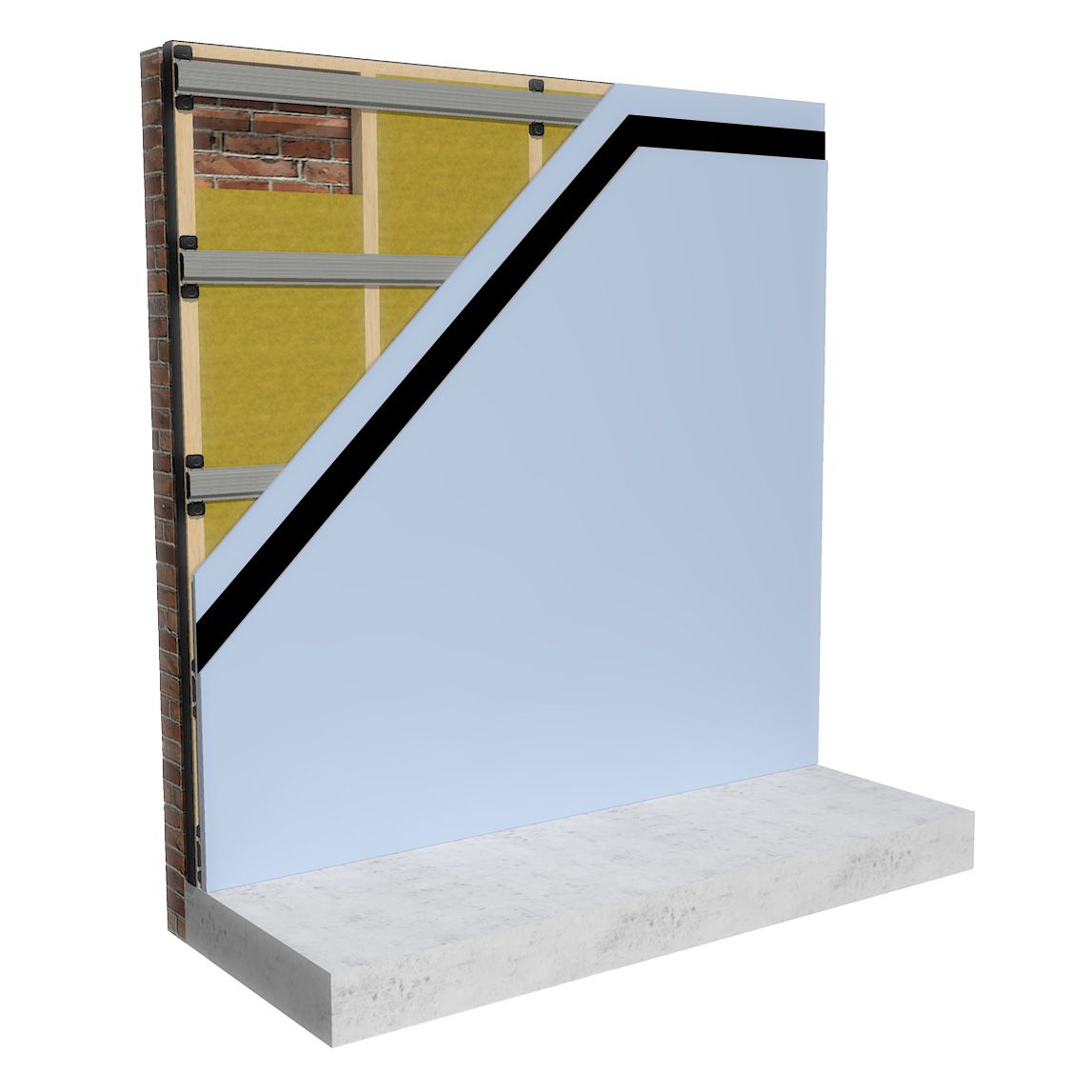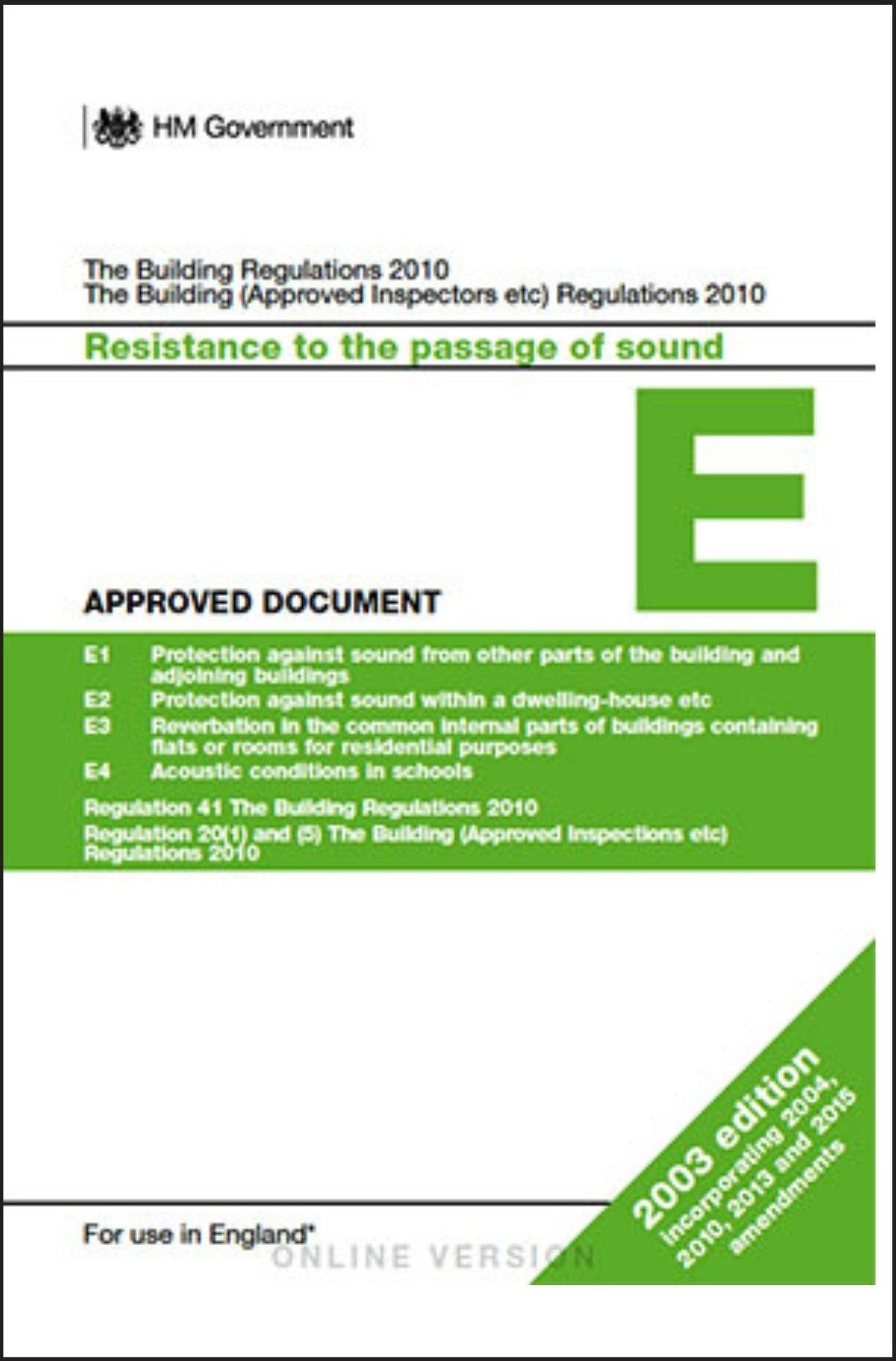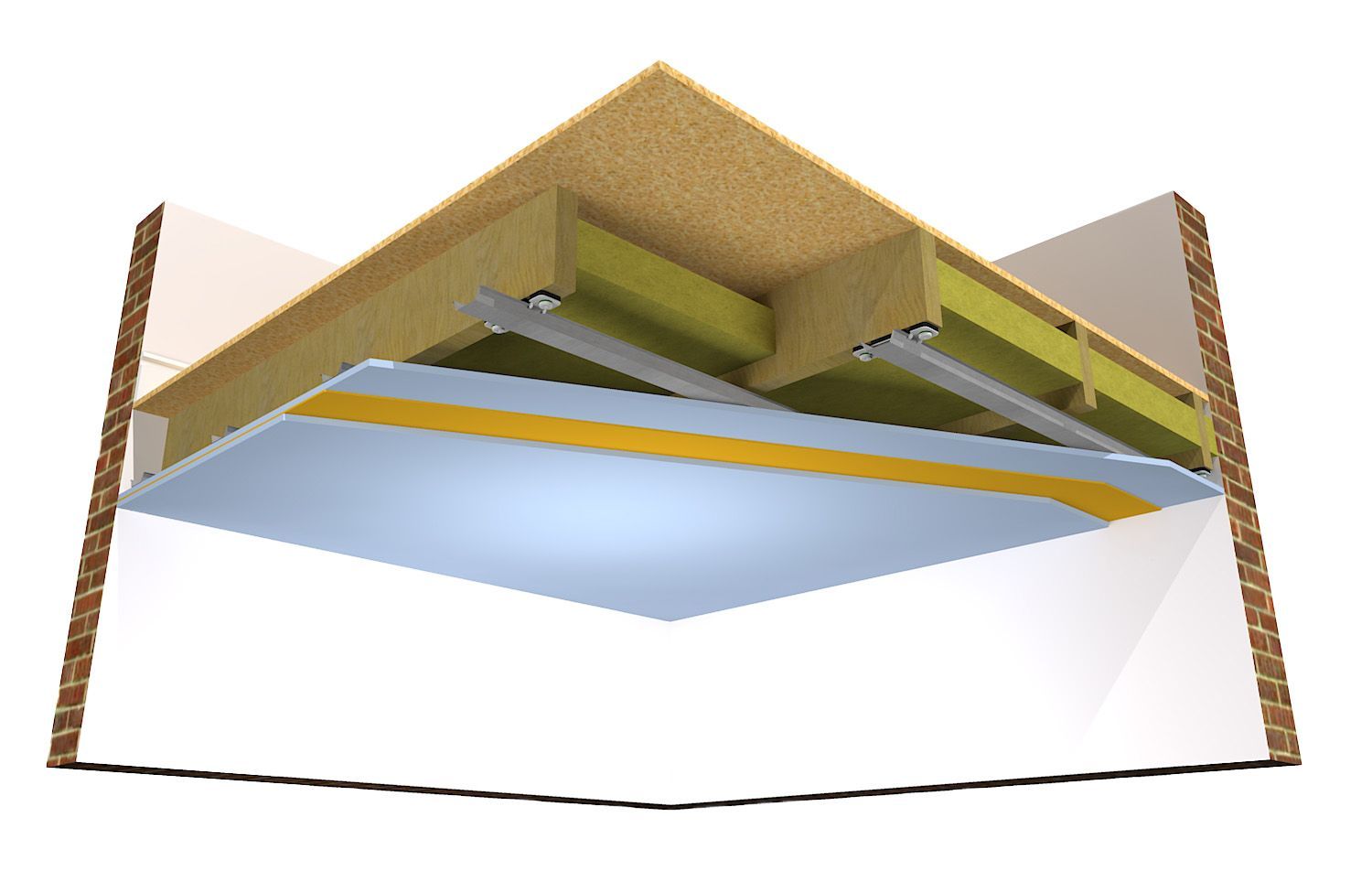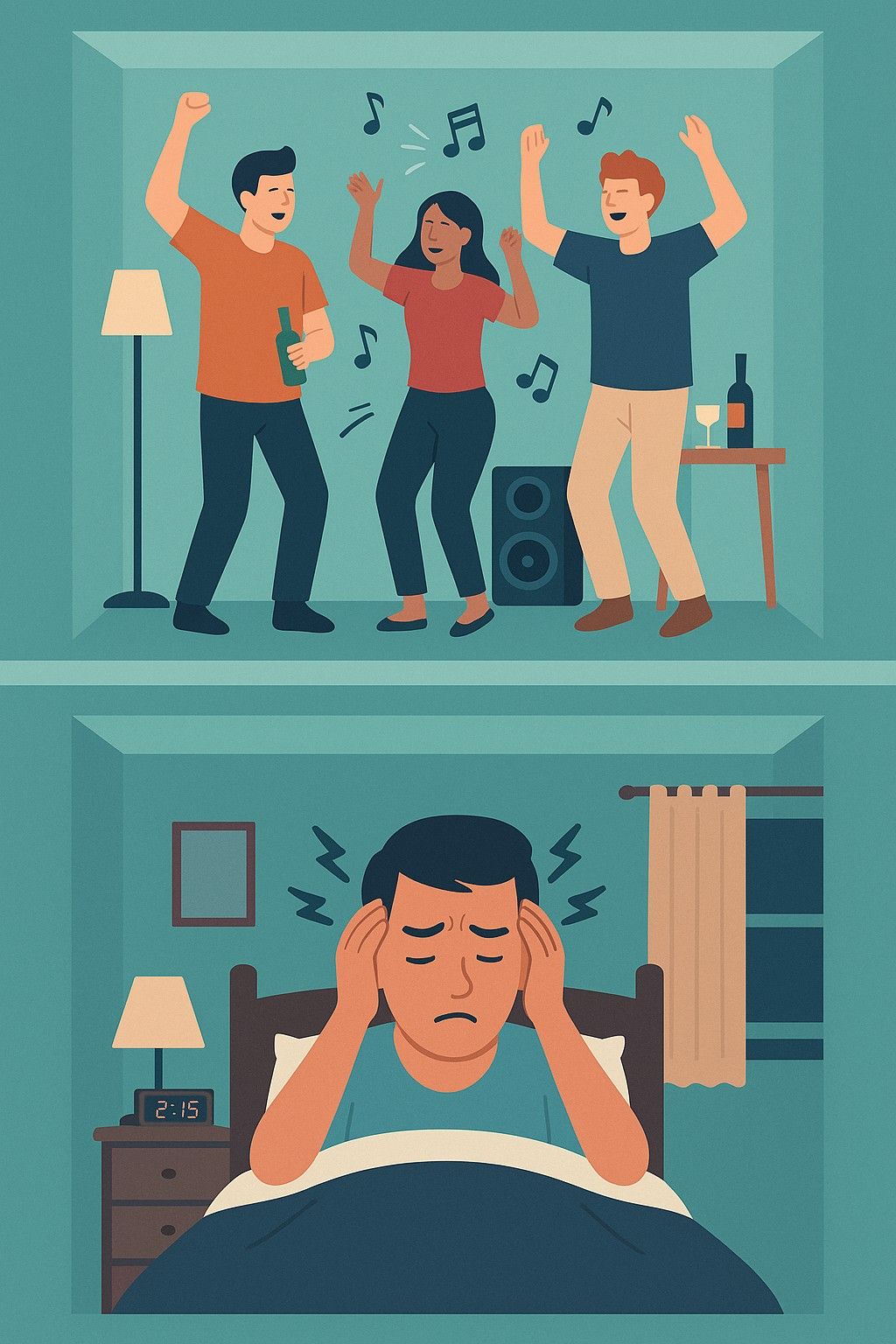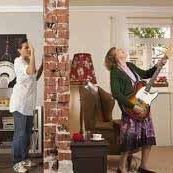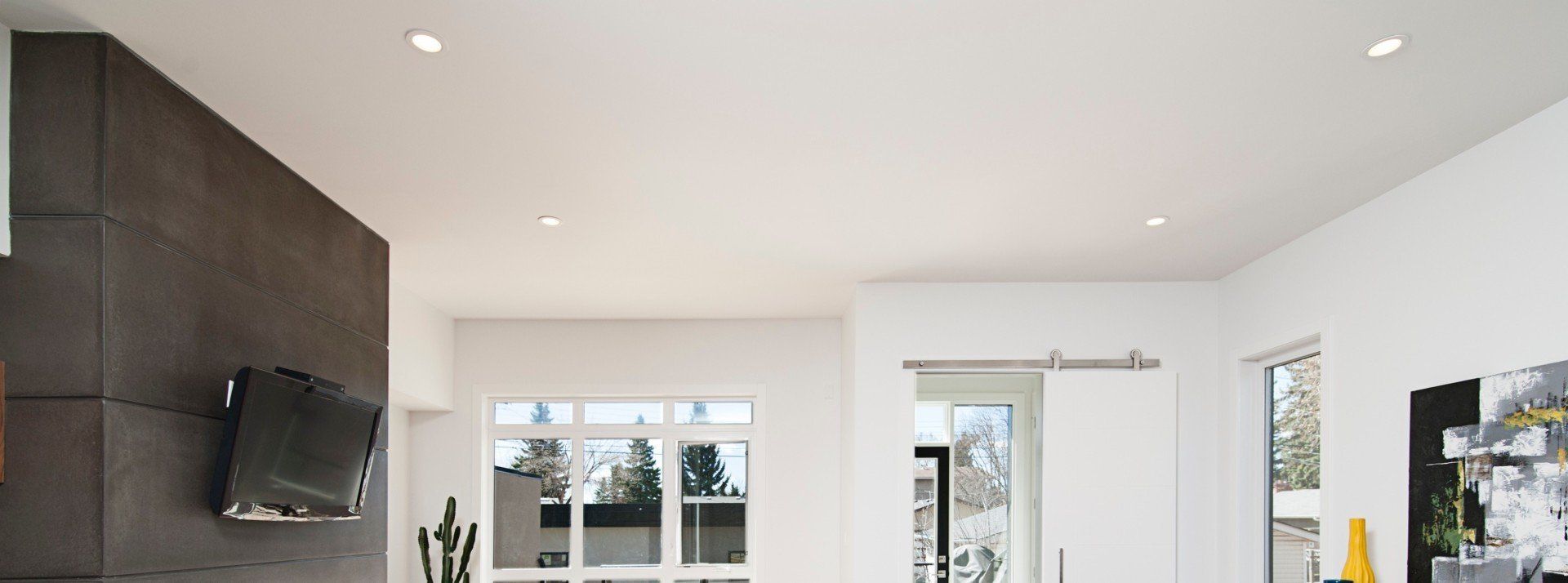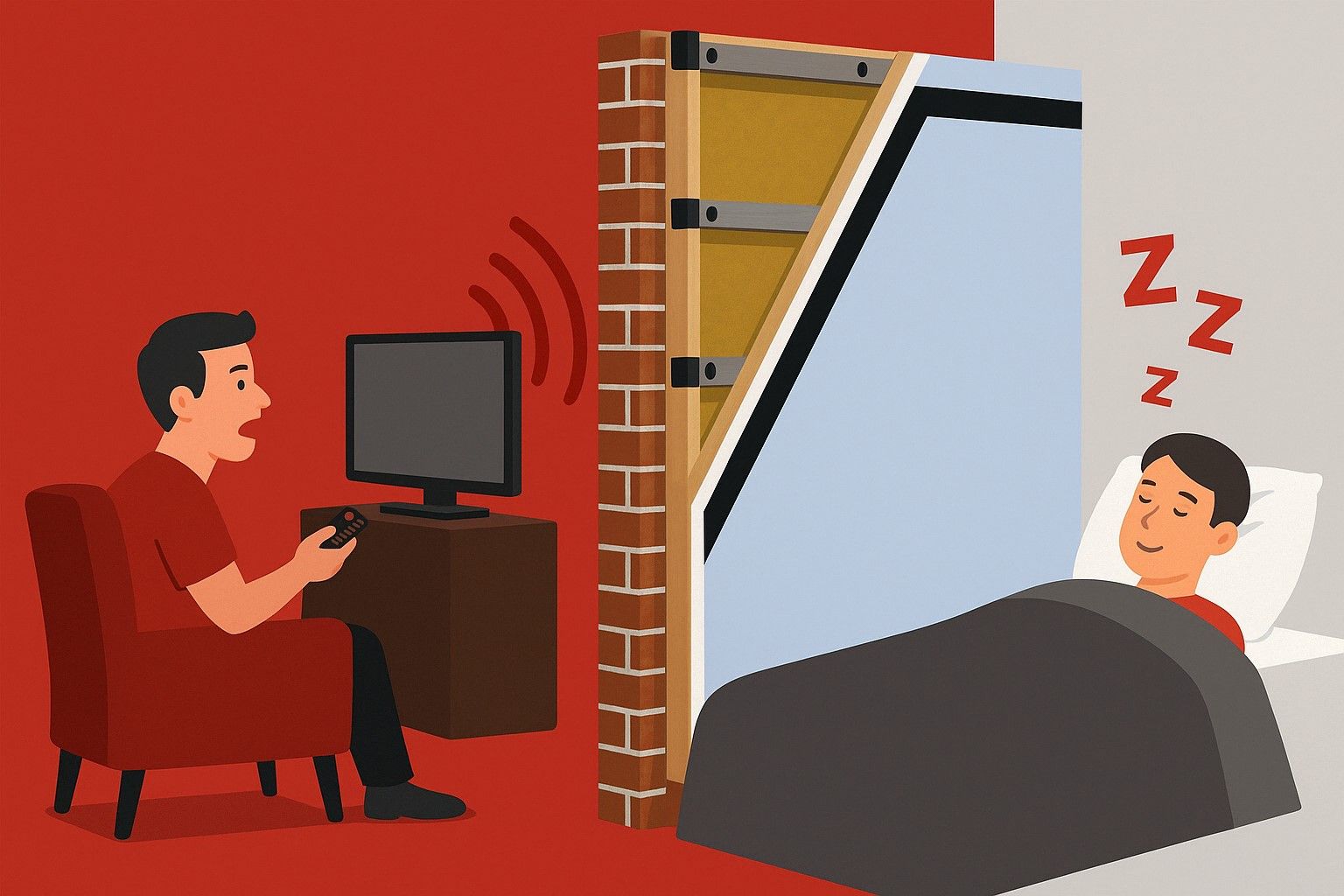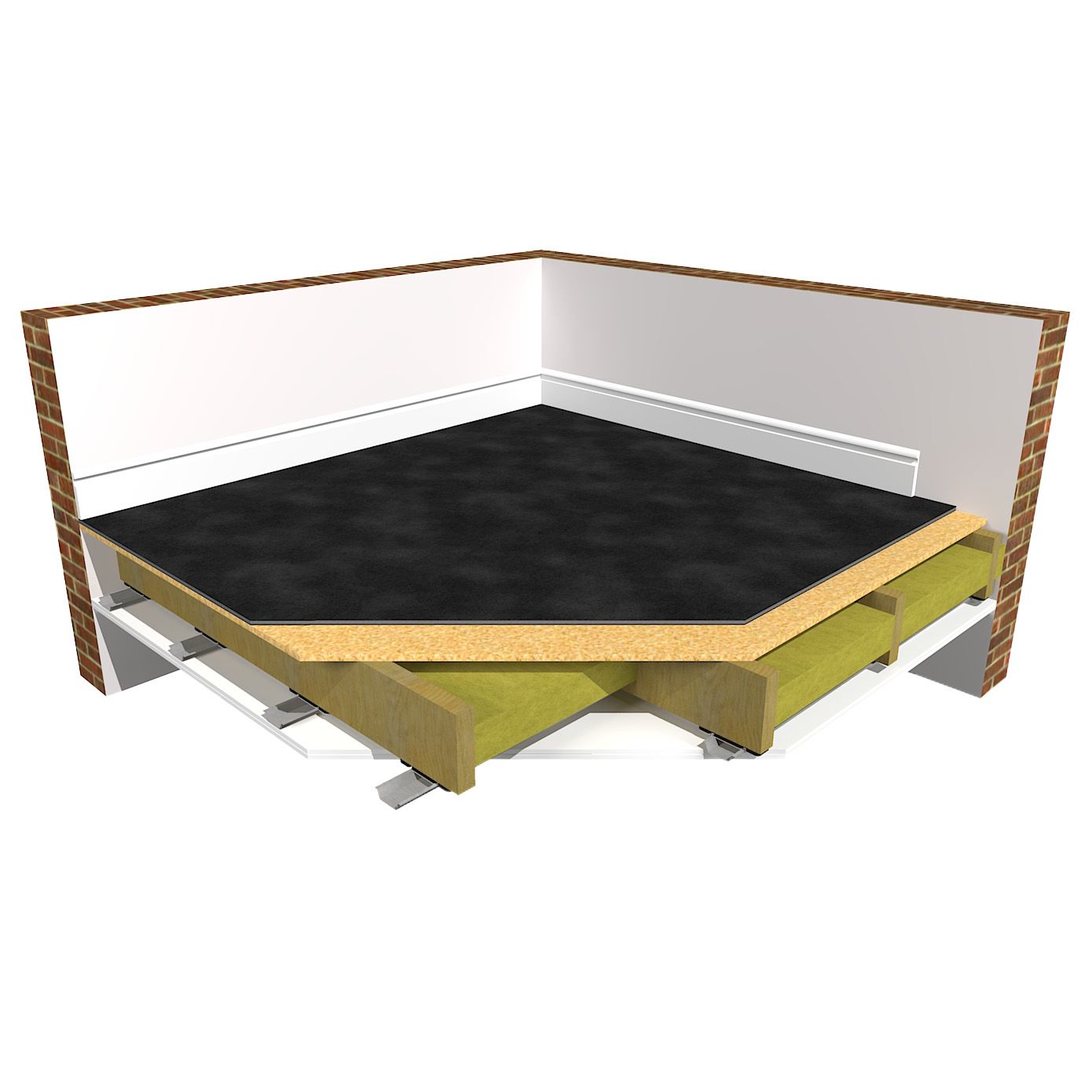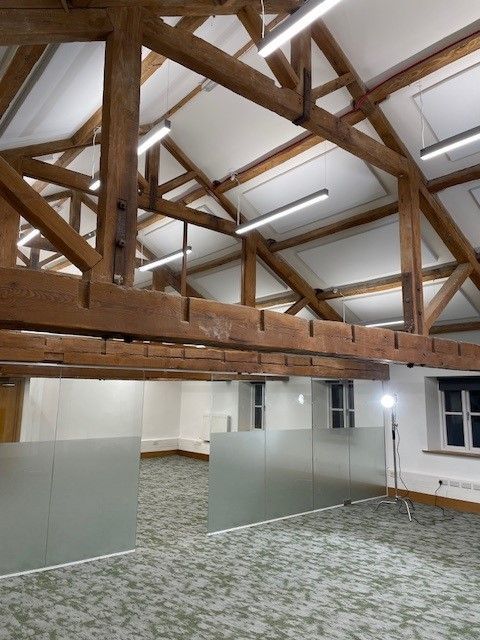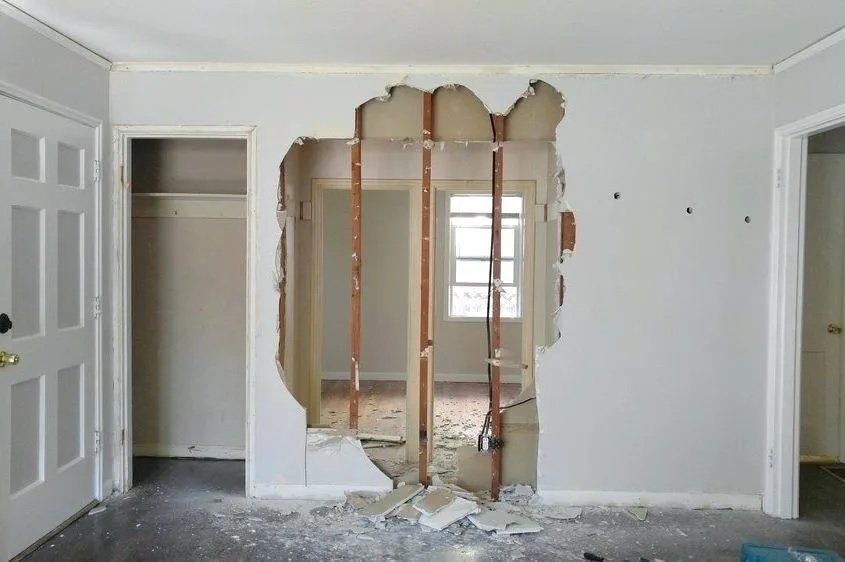Is soundproofing the responsibility of landlords?

Are landlords responsible for soundproofing their tenants properties?
According to Uswitch there are currently around 2.74 million landlords in the UK, with the average UK landlord having eight properties in their portfolio. Whether landlords should provide soundproofing in their rental properties depends on a number of factors, including any laws and regulations in the area where the property is located, the terms of the lease agreement between the landlord and the tenant, and the specific needs of the tenant.
In most instances there isn't a necessity for landlords to provide soundproofing or to rectify any noise issues unless the neighbours making the noise are the landlords tenants.
In some cases, it may be necessary (or desirable) for landlords to provide soundproofing in order to protect the health, safety, and welfare of tenants. For example, excessive noise levels can cause sleep disruption, which can have negative impacts on physical and mental health.
Ultimately, the decision whether to provide soundproofing should be based on the specific circumstances of the rental property and the requirements of the tenant. It could be that there is excessive noise from neighbours in which case it is always preferable for landlords and tenants to communicate openly and honestly about their concerns and needs, and to work together to find a solution that meets the needs of both parties.
Part E Building Regulations
On the 1st July 2003 the Building Regulations for Soundproofing Part E were introduced to improve sound insulation in buildings.
These regulations highlight the national standard for the construction of buildings in the United Kingdom (different requirements exist for properties in England & Wales and Scotland).
Part E of the Building Regulations covers the "Resistance to the passage of sound" and sets out requirements for the sound insulation of buildings to ensure that they provide a reasonable degree of acoustic privacy for the occupants. These requirements apply to new buildings, as well as to certain types of alterations and extensions to existing buildings. The specific requirements for Part E depend on the type of building and its intended use, as well as its location in relation to other buildings and noise sources. It is important to note that the Building Regulations are minimum standards, and it is possible to exceed these requirements if desired.
Soundproofing to achieve compliance with Part E, or achieving a pass doesn't necessary mean there is adequate soundproofing for individuals living in the property. Learn more about How to Pass and exceed Part E Building Regulations.
Houses and flats which have met the requirements of Part E can still experience unwanted noise issues. For older properties which haven't had to pass any kind of acoustic regulations there is a huge opportunity to improve any unwanted noise passing between walls, floors and ceilings with effective soundproofing.
Is it cost effective for landlords to soundproof their rental property?
According to propertyreporter.co.uk over half (53%) of those people living in rented properties have complained about late night parties and loud noise, compared to just over 35% of those with a mortgage. Almost two thirds (64%) of homeowners with mortgages consider themselves to be 'fairly friendly' with their neighbours, compared to 46% of those living in rented properties.
One of the most common complaints tenants make to their landlords is about unwanted noise issues.
How much soundproofing will cost depends on:
- The surface and structure needing to be soundproofed. e.g. is it a wall, floor or ceiling. Is it a concrete or timber floor or ceiling or is it a stud or solid wall?
- How loud is the noise needing to be blocked and what type of noise it is. e.g. is it impact or airborne noise (or a combination of the two) is it raised voices or excessive music?
- The size of the area that needs soundproofing
- Installation costs. The soundproofing solutions provided by The Soundproofing Store can all be fitted by a competent DIYer or local tradesperson
Soundproofing a rental property can have long term benefits and is certainly an investment. Soundproofing can help minimise complaints not only from exiting tenants, but also from any future tenants who might also experience unwanted noise from noisy neighbours. These kind of complaints can often be costly and time consuming for landlords.
Soundproofing rental properties - benefits to landlords and tenants
1.Improved tenant satisfaction: Soundproofing can significantly reduce noise levels in a property, leading to increased tenant satisfaction. Tenants who are happy with their living environment are more likely to stay longer, leading to reduced turnover and costs for the landlord
2. Greater privacy: Soundproofing can help to reduce the amount of noise that travels between properties, providing greater privacy for tenants. For people who work from home or have other responsibilities that require a quiet environment, soundproofing can help to create a more conducive environment for productivity and focus
3. Increased property rental value: Soundproofing can also be a huge positive for rental properties, as it can make them more attractive to potential tenants. This can potentially increase the value of the property for the landlord. Properties that have soundproofing are more attractive to potential renters, leading to higher demand and potentially a higher rental income
4. Increased comfort: Loud noises can be a source of stress and discomfort, particularly for people who are sensitive to noise. Soundproofing can help to create a more peaceful and comfortable living environment, which in turn can lead to tenants wanting to rent a property for longer
Overall, soundproofing can provide numerous benefits for tenants and landlords alike, including improved sleep, increased comfort, greater privacy and better work-life balance. Investing in soundproofing can lead to increased tenant satisfaction, fewer complaints and phone calls to landlords about unwanted noise and increased property value.
What is the best way to soundproof a rental property
When looking at soundproofing solutions for rental properties there are 6 important factors to consider:
1.The construction of the surface needing to be soundproofed. What type of wall or floor is it e.g. is it a stud wall, or solid wall, or a concrete or timber joist floor? This will help determine the most effective soundproofing solution
2. Where is the source of the unwanted noise? e.g. is it through a party wall, noise from above, or noise from below?
3. The type of sound needing to be blocked. Different soundproofing solutions work better against different sound frequencies
4. The level of noise. Is it loud, or excessive noise or lower levels of noise? Again this will determine the soundproofing solution required (it is not possible to over soundproof, but it is certainly possible to under soundproof)
5. The space there is to lose from the wall or floor build-up. As a guide, the higher performing the soundproofing system generally the more space it takes up
6. Budget. The best advice would be to do it once and do it right. Trying to cut corners or use cheaper materials which aren't tried and tested soundproofing solutions can often lead to disappointing results and work out more expensive for landlords in the long run.
What is the best way to soundproof a wall in a rental property?
Top 3 Wall Soundproofing Solutions Overview
What is the best way to soundproof a floor in a rental property?
Top 3 Floor Soundproofing Solutions Overview
How to soundproof the floor of a rental property with SoundMats
A typical noise complaint from the Housing Ombudsman Service
This case study is a typical example of a noise complaint by a tenant highlighted in the Housing Ombudsman Service 'spotlight on noise' Complaints 'Time to be heard' October 2022
Mr C lives in a ground floor flat and was concerned by the amount of noise transference coming from the flat above him. He could hear creaking floorboards and daily living noises, which he feels was amplified by the fact they had laminate flooring. Mr C works nights, and so the noise in the daytime was particularly troublesome for him.
Having tried to resolve the issue informally with his upstairs neighbours, Mr C reported the issue to the landlord in November 2019. The landlord opened an ASB case, issued Mr C with the Noise app, visited Mr C’s property to witness the noise, and wrote to the neighbour.
In December, the landlord concluded the noise was daily living noise and closed the ASB case. Frustratingly for Mr C, he had stated as much from the outset and had never indicated his issue was with the neighbours or their ‘behaviour’, but with the laminate flooring.
Mr C continued to make noise reports from March 2020 onwards, and the landlord reiterated its position about daily living noise in response. Their suggestions to Mr C included earplugs and changing his shift pattern at work. Mr C’s position remained that the issue was to do with the laminate flooring.
It took until October 2020, 11 months later, and Mr C going through the formal complaints procedure, for the landlord to inspect the upstairs property, acknowledge that the laminate flooring should not have been fitted without their consent, and to write to the leaseholders of the property to request the issues be resolved by way of laying rugs, installing carpet with acoustic underlay, or soundproofing.
Outcome:
Service failure regarding the landlord’s delay in contacting the leaseholder to resolve the issue of the carpets, and also a failure to sufficiently manage Mr C’s expectations. The landlord was ordered to pay Mr C £150 in compensation.
The Soundproofing Store receive hundreds of calls from people in a similar situation whereby the person living above has changed their final floor finish from carpet to a hard floor finish and in doing so has greatly increased the amount of unwanted noise which can now be heard below. The below blog goes into more detail:
What is the best way to soundproof a ceiling in a rental property?
If there is access to the floor above, then the preferred option would be to soundproof the floor above rather than the ceiling. This is because it is always more beneficial to soundproof (especially against impact noise) at the source of the noise before it travels further into the structure of the building.
However, if there is no access to the floor above then it is important to consider:
- Is the noise coming from above impact or airborne noise (or a combination of both)
- Is the ceiling concrete or timber
How to soundproof a timber ceiling with the ReductoClip Ceiling Solution
The below blog goes into more detail about how to soundproof both concrete and timber ceilings:
Soundproofing rental properties - Summary
Although in most cases there is no legal obligation for landlords to soundproof their properties, there are certainly many benefits in doing so.
There are a number of extremely effective soundproofing solutions for different structure types with differing performance levels. These different tried and tested soundproofing solutions for walls, floors and ceilings have been highlighted above and to ensure the correct system is used in the correct circumstances, then our advice would be to always speak to an expert.
Should you have any questions, or need any soundproofing help or advice, then please don't hesitate to call the number below and a member of our expert team will be more than happy to help.
Share
"We don’t expect you to become an overnight expert in soundproofing, that’s what we’re here for."
